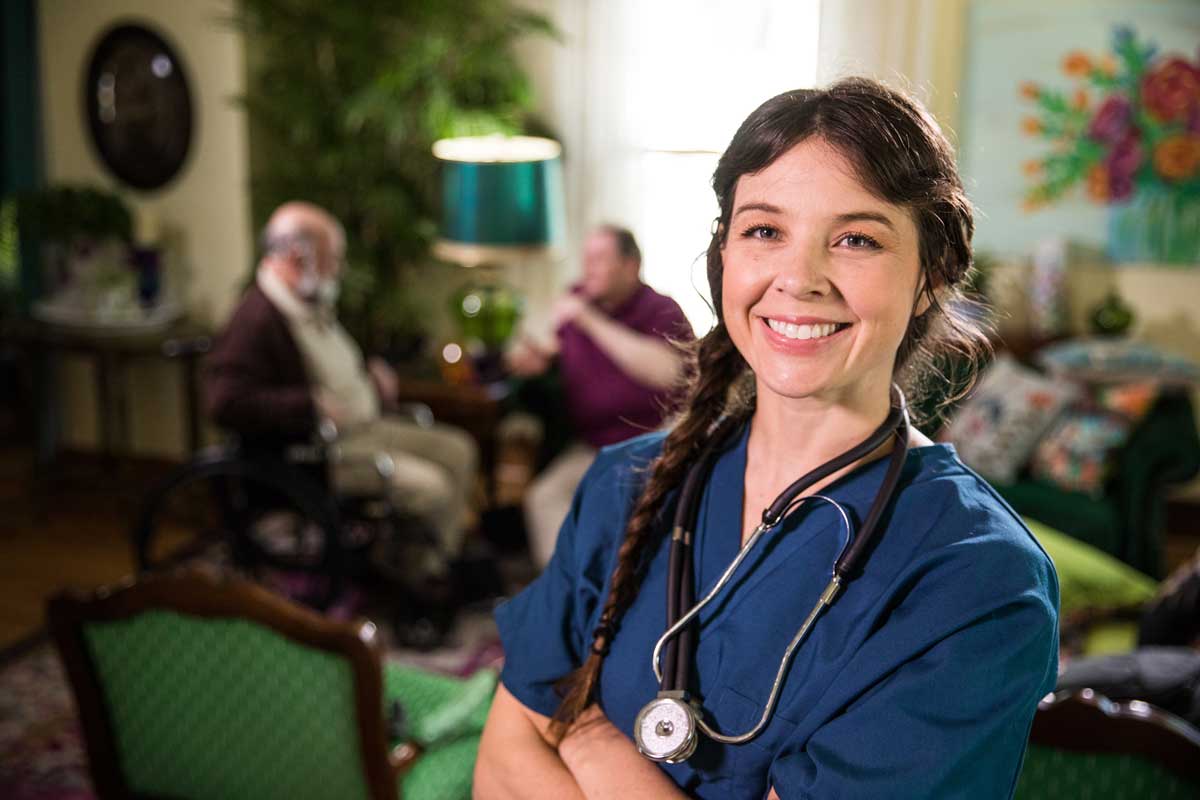
The Importance of Wound Treatment in Senior Citizens
A skinned knee would hurt as a child, but your mom knew you would heal quickly after the scrape was cleaned out. Seniors do not have that luxury. The skin tends to thin out and is easily damaged. Also, the healing process is much slower. Think back to the last time your loved one inadvertently scraped themselves. How long did it take to heal? Proper treatment of a wound is key to ensuring your elderly parent maintains their quality of life. A professional home care worker is an additional boost to your peace of mind for the safety of your aging family member.
3 Key Reminders for Treating Your Senior’s Wounds
Senior citizens need special attention when they have an injury or wound. Many things can go wrong, but when you keep these three items in mind, you and your loved one will benefit:
- Quick Action Is Imperative: The faster you stop any bleeding and clean the injured spot, the better for your senior. Infection may set in without swift action, making treatment a drawn-out affair. Also, the wound may become chronic. It can reoccur, heal slowly, or not heal at all. Steps for wound care include:
- Stop the bleeding by applying pressure.
- Once the bleeding stops, remove dirt and debris.
- Clean the area with soap or a saline solution.
- Cover the wound with a sterile bandage.
- Seek medical assistance as soon as possible.
- Chronic Wounds Cause Further Damage: Sometimes, a wound will become chronic. This means the body’s ability to heal has been thwarted. These injuries require proper maintenance, or they can turn into diabetic ulcers, infections, or inflammation. If left alone, they may require surgery or a hospital stay. Many different factors play into the development of a chronic wound, such as:
- A compromised immune system
- Vitamin deficiency, particularly Vitamin C and Zinc
- Immobility
- Too much moisture
- Too much dryness
- Wounds Come from Various Factors: You may think that wounds are from injuries. That isn’t always the case. Health conditions can cause wounds. One common factor is diabetes; another one is immobility. Both instances make things much more difficult for your loved one. It’s crucial that you or a caregiver helps your senior with:
- Repositioning throughout the day to minimize pressure points on the skin.
- Using cushions filled with air, water, gel, or foam instead of stuffed pillows for cushioning and propping them up.
- Helping them elevate their head above the rest of their body.
- Using mild soap and water to clean their skin and stop rashes.
- Utilizing talcum powder to keep skin moist but not wet enough for bacteria to grow.
Monitor seniors after they have been discgarged from the hospital with Assistance from Home Instead
Home Instead CAREGivers℠ are trained to understand the chronic conditions some seniors live with every day. And because these conditions are not a natural part of aging, CAREGivers are trained to recognize, report and record any red flags to possibly prevent complications and emergency situations. Home Instead Brampton has the services you need to ensure your mom or dad is appropriately looked after they have been discharged from hospital. We can aid them with companionship, home help, and other home care services. Contact us today, and let’s talk about what your family needs.
Call us at (905) 463-0860 to schedule a no-obligation, in-home consultation. Learn more about the compassionate, quality senior care we deliver, every day, to families in Brampton, Halton Hills, Inglewood, Norval, Georgetown, Glen Williams, Limehouse, Peel Village.